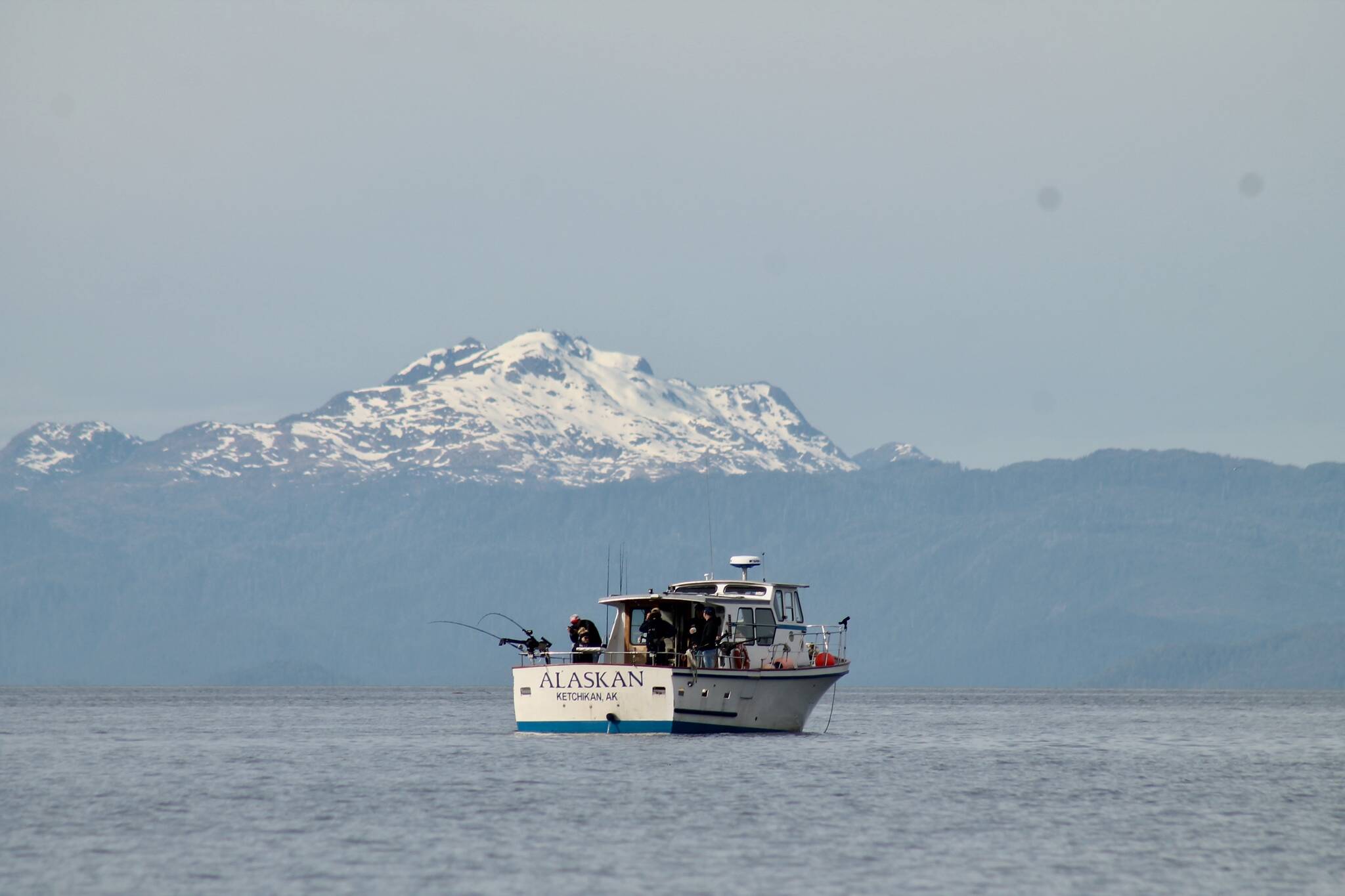By Jeff Lund
It’s no surprise that I have students who want a career outside — outdoors and Alaska. High school students all across Southeast Alaska have their eyes on the ocean or the forest and for good reason. There is a tremendous amount of opportunity in traditional, as well as entrepreneurial careers.
While I didn’t start reading books or listening to podcasts about entrepreneurship to inform my teaching, I have found it a valuable asset. I have never been much of a reader about education or educational theory. So much seems to be written by people who were in the classroom for a few years, then administration then became a studier of education in the abstract, theoretical manner and decided to write about it while the rest of us continued to live it.
Entrepreneurs often rail against teachers because many of them were the ones who were stifled by the stereotype: our ridged authoritarian ways in the classroom, we demanded compliance, silence and trained them to be subordinate workers prepared for a generation long-since past.
Author of Linchpin and Purple Cow, Seth Godin wrote, “Large-scale education was never about teaching kids or creating scholars. It was invented to churn out adults who worked well within the system.”
Rather than get defensive when I read quotes like this, I’ve found it more constructive to understand that while Godin doesn’t see what happens in the classroom, he does see the product. Even if I don’t agree, that doesn’t mean it’s not a valid perspective.
Southeast Alaska schools have the unique opportunity to become (if they are not already) institutions that produce young adults ready to create value in meaningful careers.
Students work for entrepreneurs over the summer commercial fishing, guiding kayak tours, working as dock reps and selling excursions, so of course many of them are interested in running their own charters, or owning their own businesses after high school. I have a student who is weaving and selling beautiful cedar hats. Is there a better, more empowering way for her to practice, preserve and cherish her Native culture while building confidence?
Most of us are often parrots, repeating or regurgitating lines that we memorized from books or social media. This might not be a bad thing for teachers because a lot of that is what a student needs to hear. In different words, from different voices, over and over again until it sticks.
But if I’m going to be a parrot, I’d rather be an entrepreneurial parrot if for no other reason than kids need to be inspired and helped with insight about how to explore their creative individuality, not just find a college with a major they might like.
I absolutely loved college for the education, the networking and the chance to leave Southeast and experience the Lower 48. It was only after ten years did I return.
That is not the path for everyone.
Being armed with a better understanding of entrepreneurship benefits me far more than some book about educational theory when I’m attempting to help students chart a path. I am not an expert, nor an entrepreneur really, but having the ability to connect students to resources and having conversations about marketing, viability and long-term prospects in an outdoor or tourism industry has helped me provide students with more meaningful depth.
It’s not my place to give parents homework, but I would recommend books like Godin’s. Not for post-able barbs about how bad the education system is, but for ways to help their kids too, graduates or not.
The world knows we need more entrepreneurs and less whiners.
• Jeff Lund is a freelance writer based in Ketchikan. His book, “A Miserable Paradise: Life in Southeast Alaska,” is available in local bookstores and at Amazon.com. “I Went to the Woods” appears twice per month in the Sports & Outdoors section of the Juneau Empire.

